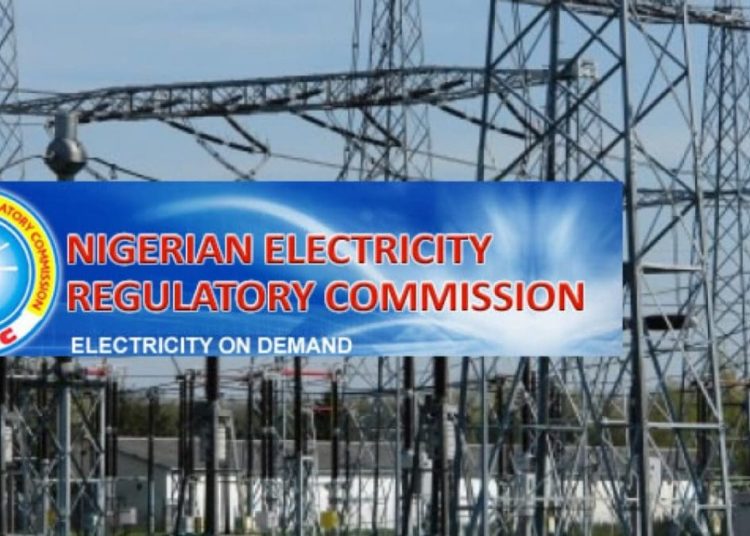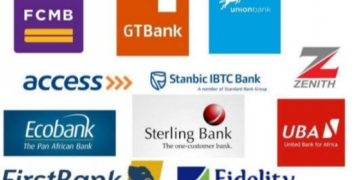The Nigeria Electricity Regulatory Commission (NERC) has said the federal government must pay N3.2 trillion as subsidy for the electricity sector in 2024 if the electricity tariffs hike is to be reversed.
NERC chairman, Sanusi Garba this at a stakeholders’ meeting convened by the House of Representatives Committee on Power at the National Assembly Complex in Abuja on Thursday.
Garba said current investments in the power sector were not enough to guarantee steady power supply, adding that if nothing concrete is done to address issues in the sector, it will be heading for doom.
He said prior to the recent review in tariff Distribution Companies (DisCos) were only obliged to pay 10 per cent of their energy invoice, adding that the lack of cash backing for subsidy is creating a liquidity challenge in the sector.
The chairman also said that due to the non-payment of subsidy, gas supply and power generation have continued to dip, adding that the continuous decline of generation and system collapse are largely linked to liquidity challenges.
Garba raised an alarm of what he called a looking risk not totally shut down by the Generation and distribution companies, achieving cost effective tariff is key to the sustainability of the sector.
He said: “If sitting back and doing nothing is the way to go, it would mean that the National Assembly and the Executive would have to provide about N3.2 trillion to pay for subsidy in 2024.”
According to Garba, only N185 billion of the N645 billion subsidy in 2023 has been cash backed, leaving a funding gap of N459. 5 billion.
In his intervention, Chairman, House Committee on Power, Victor Nwokolo said the meeting was aimed at addressing the recent increase in tariff and the issue of band A and others.
Nwokolo said the officials of NERC and DISCOS have given the committee useful Information, adding “we have not concluded with them because the Transmission Company of Nigeria were not here and the Generation Companies too.
“We will hold further consultations with them by next week. But from what they have said, which is true is that without the change in tariff, which was due in 2022, the industry lacks the capital to bring the needed change.
“Of course, with the population explosion in Nigeria, the areas being covered are beyond what they have estimated in the pastpast and because they need to expand their own network, they also need more money.”




